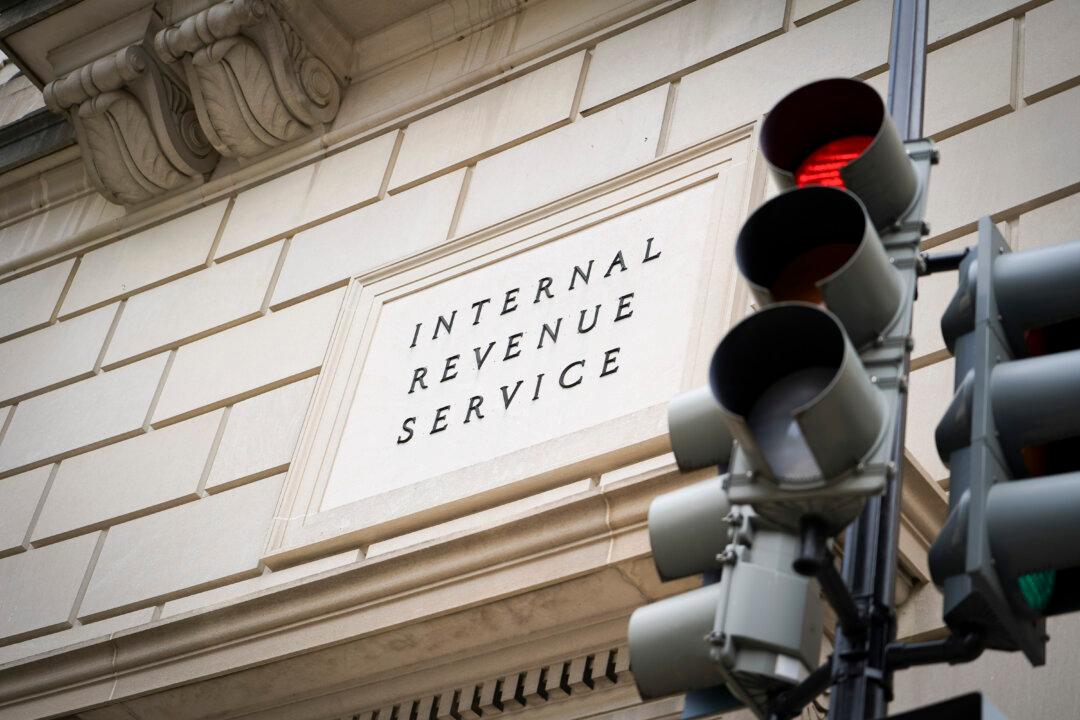The IRS is tightening its rules for the 2025 tax season, with the agency stating on Jan. 14 that it will be targeting scams and fraudulent claims with enhanced oversight and penalties.
The IRS on Jan. 14 announced new measures targeting fraudulent activities, including requiring taxpayers claiming the Fuel Tax Credit to provide a detailed eligibility statement. Additionally, the agency will intensify its review of tax returns with substantial amounts reported under “Other Withholding” on Form 1040, aiming to identify and prevent improper claims.





